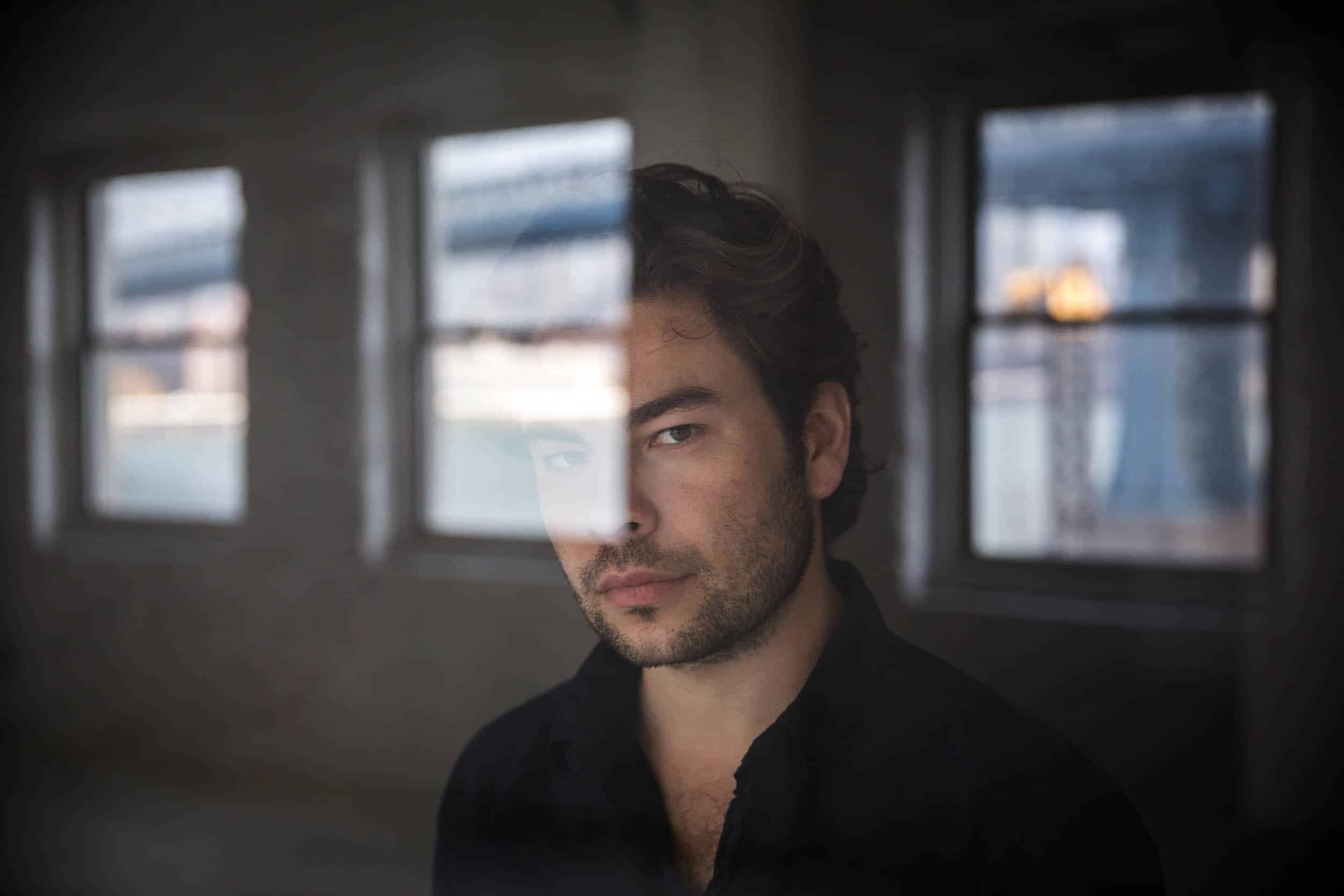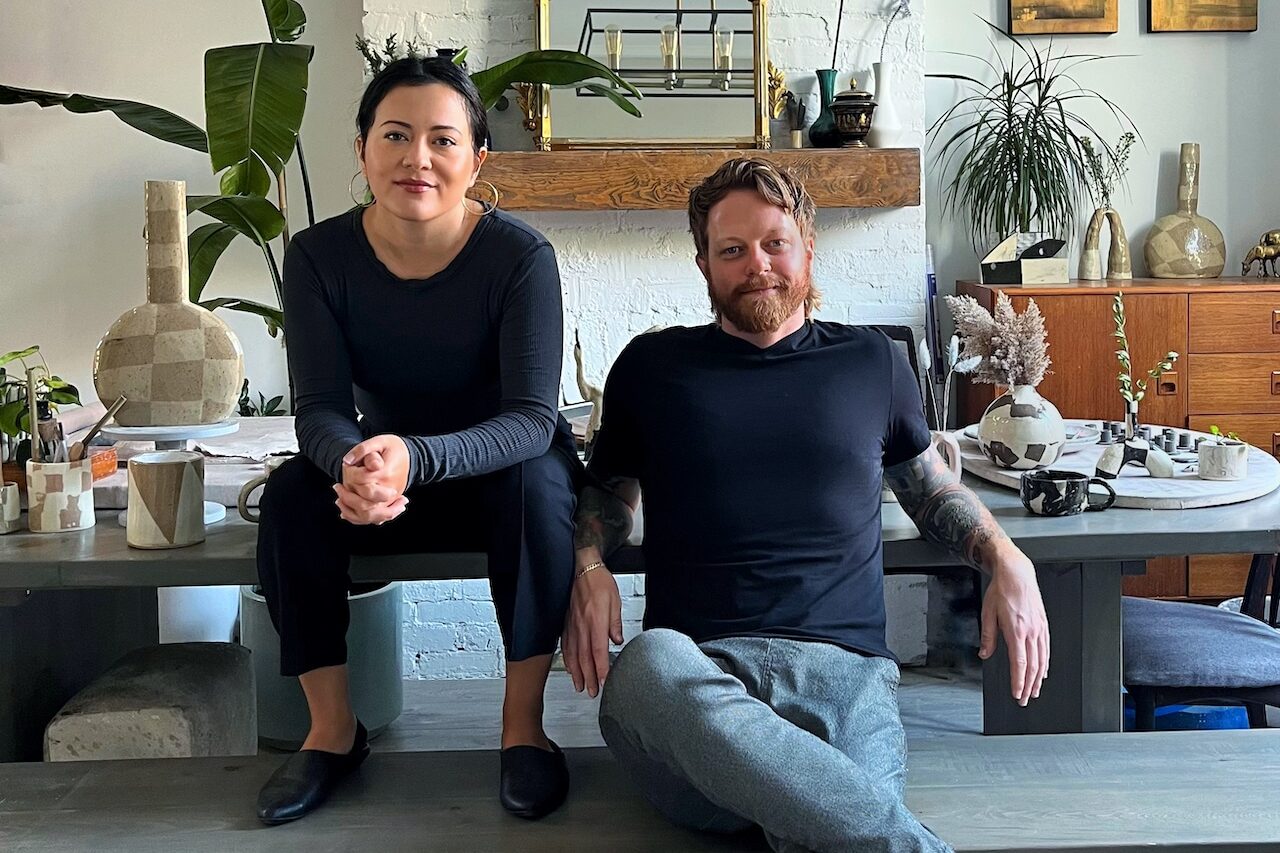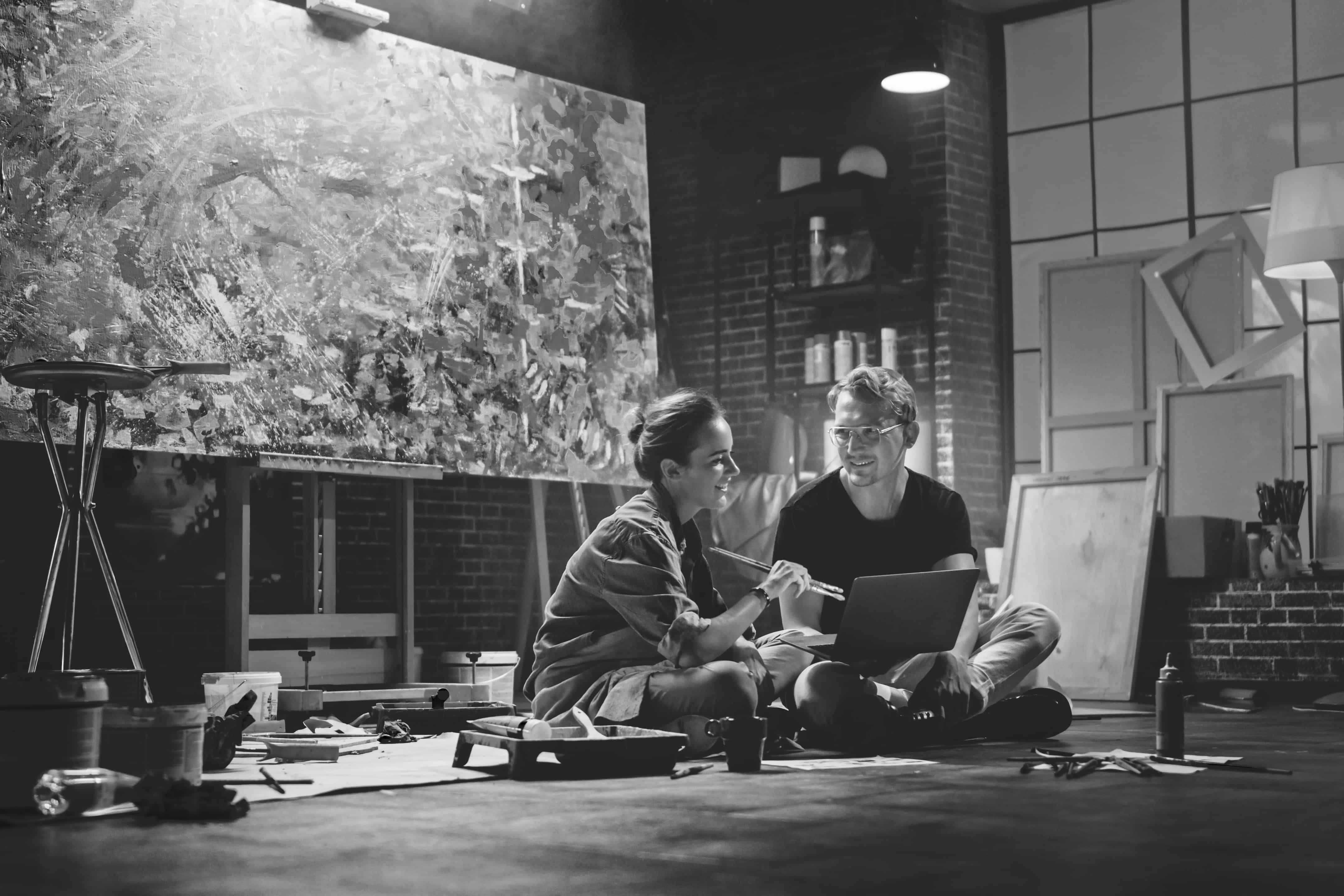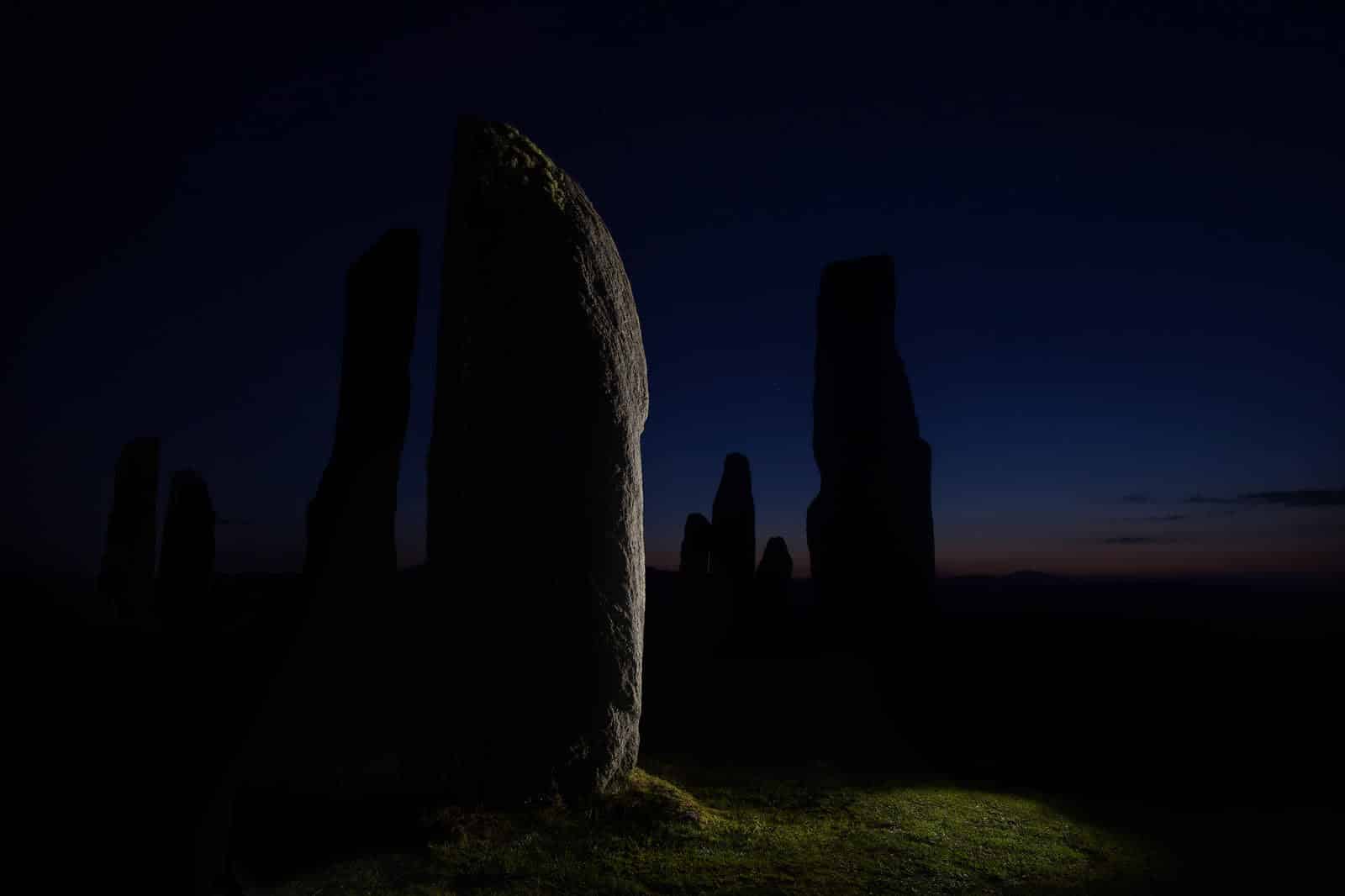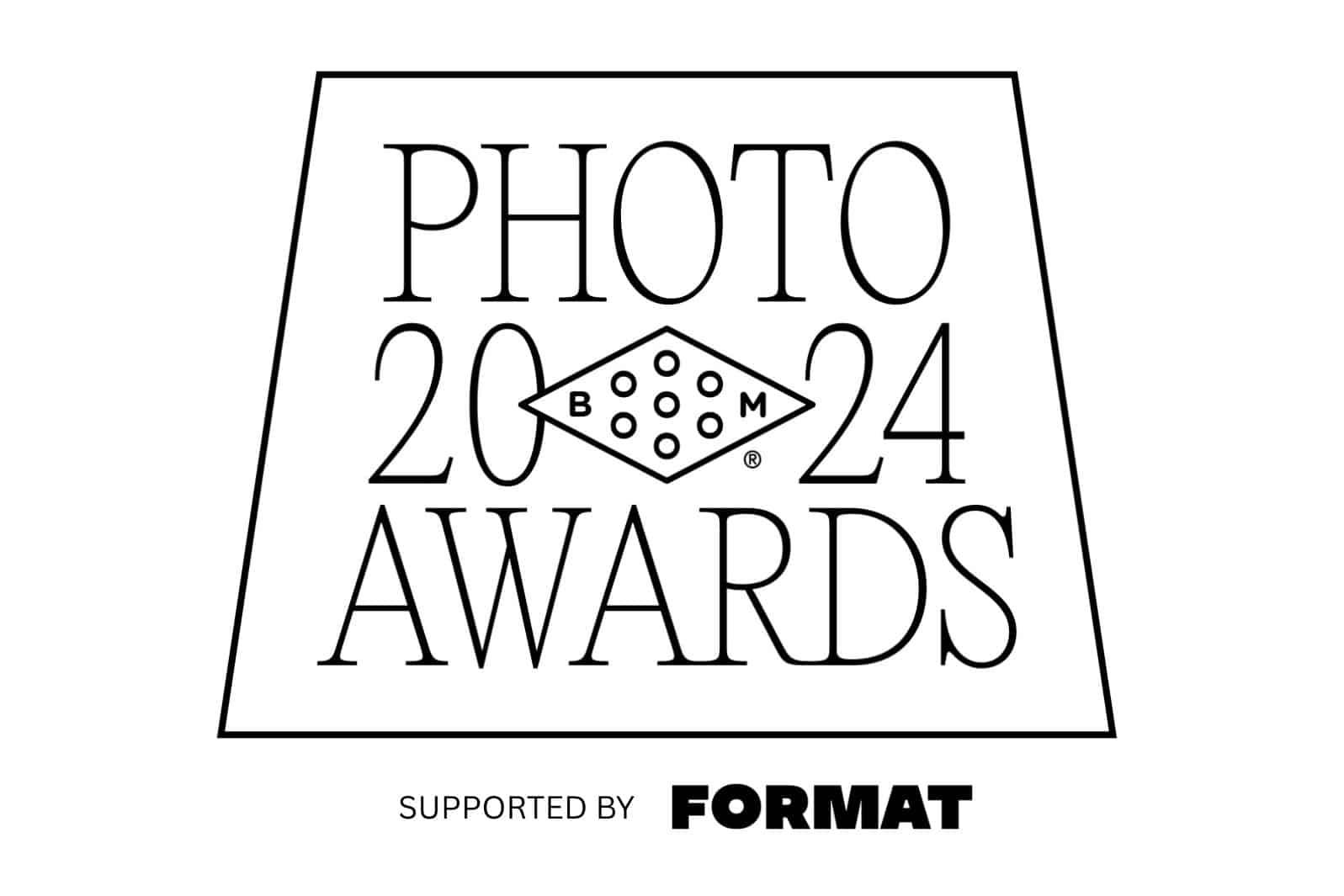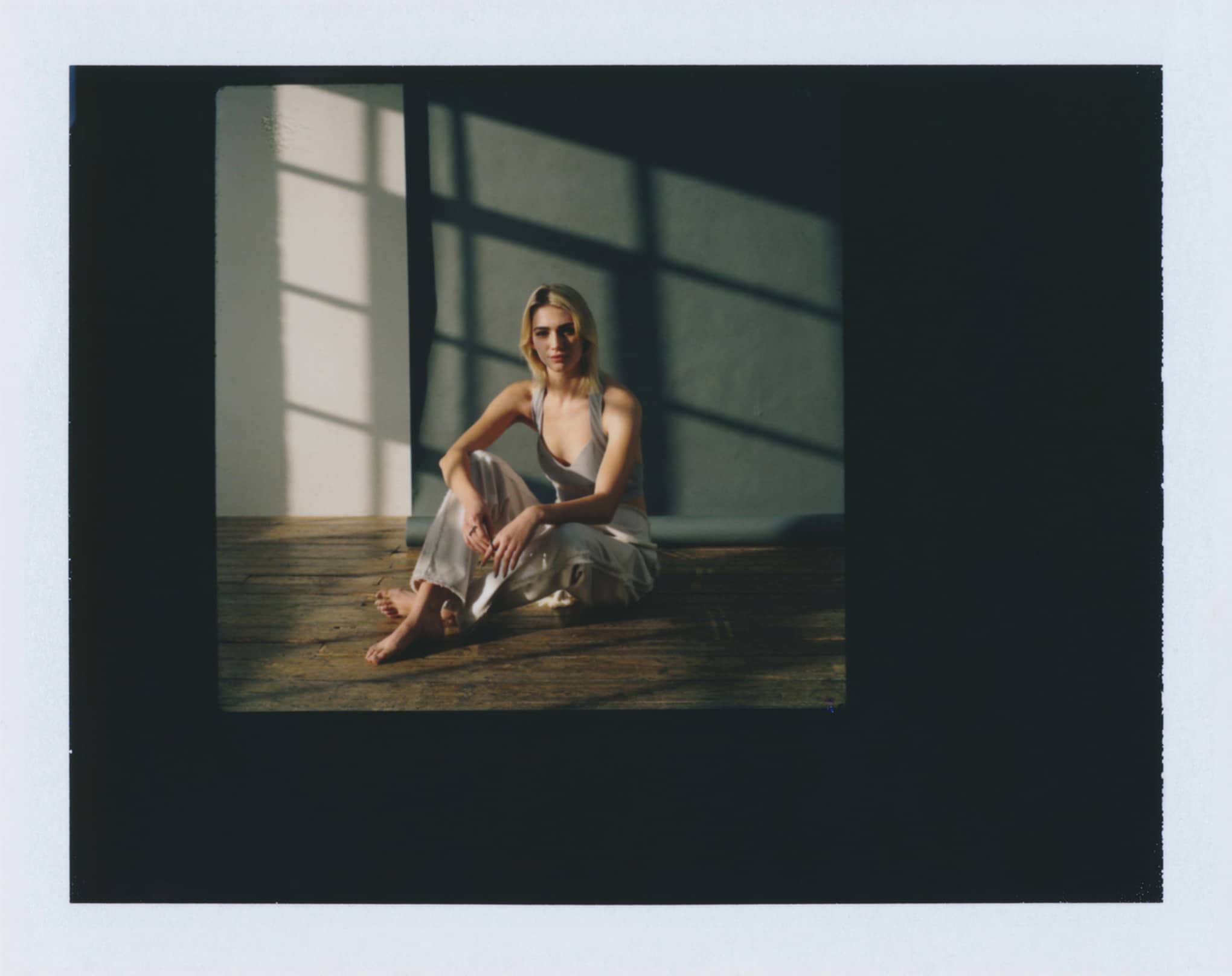Bas Berkhout hat einen wissbegierigen kreativen Geist und ein großes Interesse daran, wie andere Menschen Kunst machen. Von ihren Kämpfen bis zu ihren Triumphen ist er ständig auf der Suche nach echten Gefühlen und ehrlichen Momenten.
Der aus den Niederlanden stammende und jetzt in Brooklyn lebende Filmemacher steckt hinter dem beliebten Videoprojekt Gleich und Gleich gesellt sich gerneine Reihe von kurzen Dokumentarfilmen über bekannte Kreative wie die Designerin Jessica Walsh und den Künstler Victo Ngai. In Zusammenarbeit mit Format Berkhout führt Regie InFrameeine Serie, die das Leben von Fotografen, Illustratoren, Künstlern und Designern jenseits ihrer Portfolios zeigt.
Wir haben mit Berkhout gesprochen, um mehr über die Herausforderungen und Belohnungen zu erfahren, die mit der Arbeit an InFrame verbunden sind, die nun schon fast ein Jahr andauert.
Ich konzentriere mich eher auf die persönlichen Herausforderungen der Person. Ich bin überzeugt, dass dies die größte Inspiration ist, um andere Künstler und Fachleute zu beeinflussen.
"Ich konzentriere mich immer auf den Weg", sagt Berkhout über seine Themen. "Wie sind sie zu dem Profi geworden, der sie heute sind? Das ist sozusagen die einzige Strategie dahinter." Berkhout will immer authentisch bleiben und fügt hinzu: "Ich konzentriere mich eher auf die persönlichen Herausforderungen der Person. Ich bin überzeugt, dass dies die größte Inspiration ist, um andere Künstler und Fachleute zu beeinflussen."
Wenn man Kreative bei der Arbeit zeigt, kann es verlockend sein, die schwierigen Rückschläge und Probleme, mit denen sie oft konfrontiert sind, zu beschönigen und stattdessen das polierte Endprodukt zu präsentieren. Aber, wie Berkhout betont, sind die Misserfolge und Kämpfe, die kreative Arbeit oft begleiten, ein wichtiger Teil des Prozesses.
"Ich denke, es ist wichtig, diese Geschichten von Herausforderungen zu erzählen", sagt Berkhout. In seinen Dokumentarfilmen über Kreative will er zeigen, "was sie überwunden haben und wie sie mit bestimmten Problemen umgegangen sind. Wie sie an einem bestimmten Punkt ihrer Karriere verletzlich waren. Ich denke, das macht sie menschlich. Für die Menschen, die diese Videos sehen, ist das der inspirierende Aspekt davon."
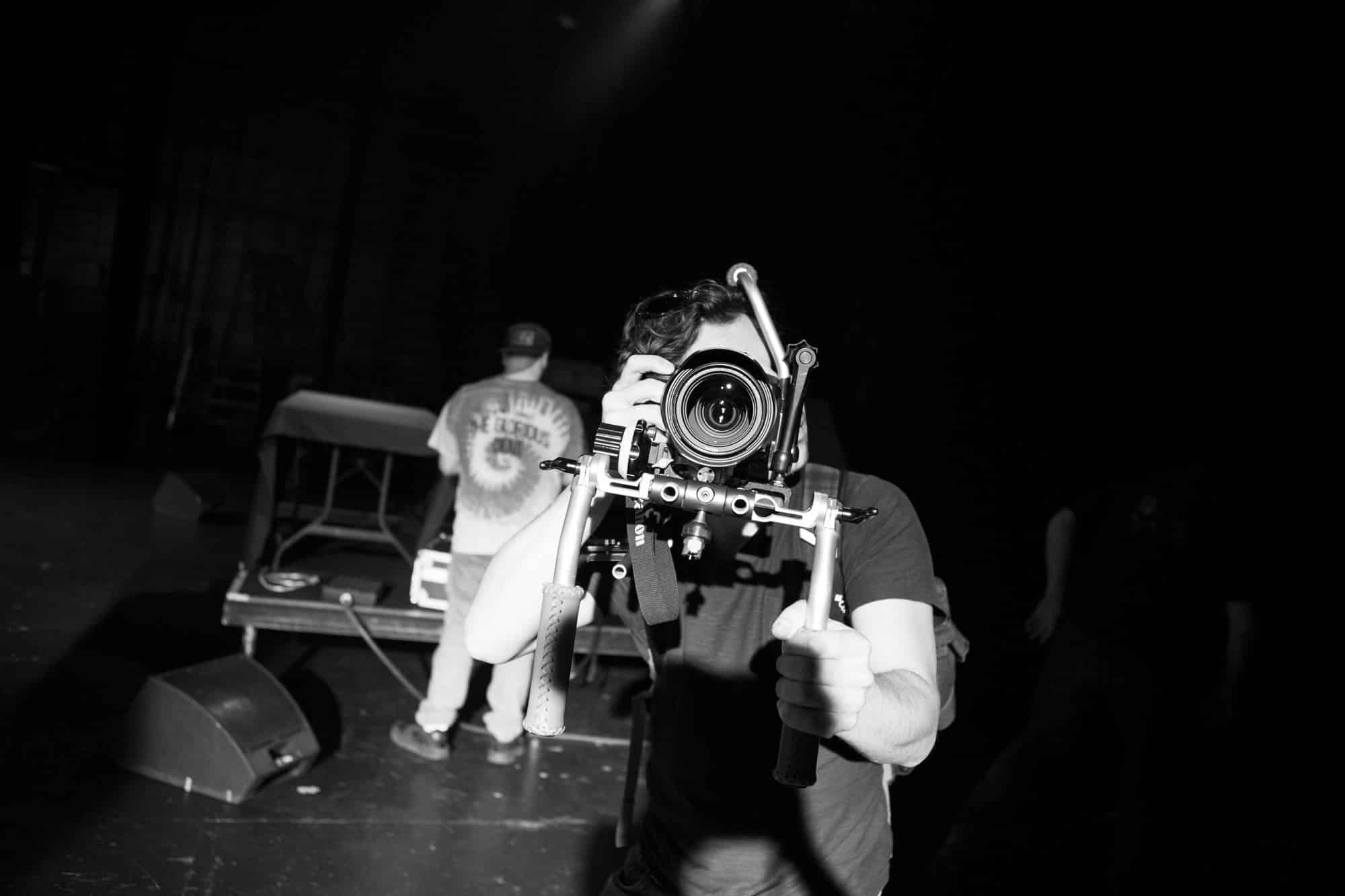
Bild mit freundlicher Genehmigung von Jessica Lehrman.
Berkhout hat seinen eigenen Anteil an Rückschlägen erlebt. Seine Reise begann vor 14 Jahren, nachdem er sich an mehreren Kunstakademien beworben hatte, aber immer wieder abgelehnt wurde. Aber das hat ihn nicht entmutigt. Im Gegenteil, diese Ablehnungen haben Berkhout zu dem Filmemacher gemacht, der er heute ist.
Obwohl Berkhout sich selbst nicht als Künstler bezeichnen würde, ist Kreativität zweifellos eine treibende Kraft hinter all seinen beruflichen Bemühungen - auch hinter der markenorientierten Arbeit, die er in der von ihm geleiteten Boutique-Agentur leistet.
"Mir macht das, was ich jetzt mache, wirklich Spaß", sagt Berkhout, "und ich habe das Gefühl, dass meine künstlerische Stimme in diesen Markenartikeln definitiv präsent ist. Wenn die Marken verstehen, dass es dieses kreative Ventil geben muss, dann denke ich, dass das ein Erfolg für alle ist.
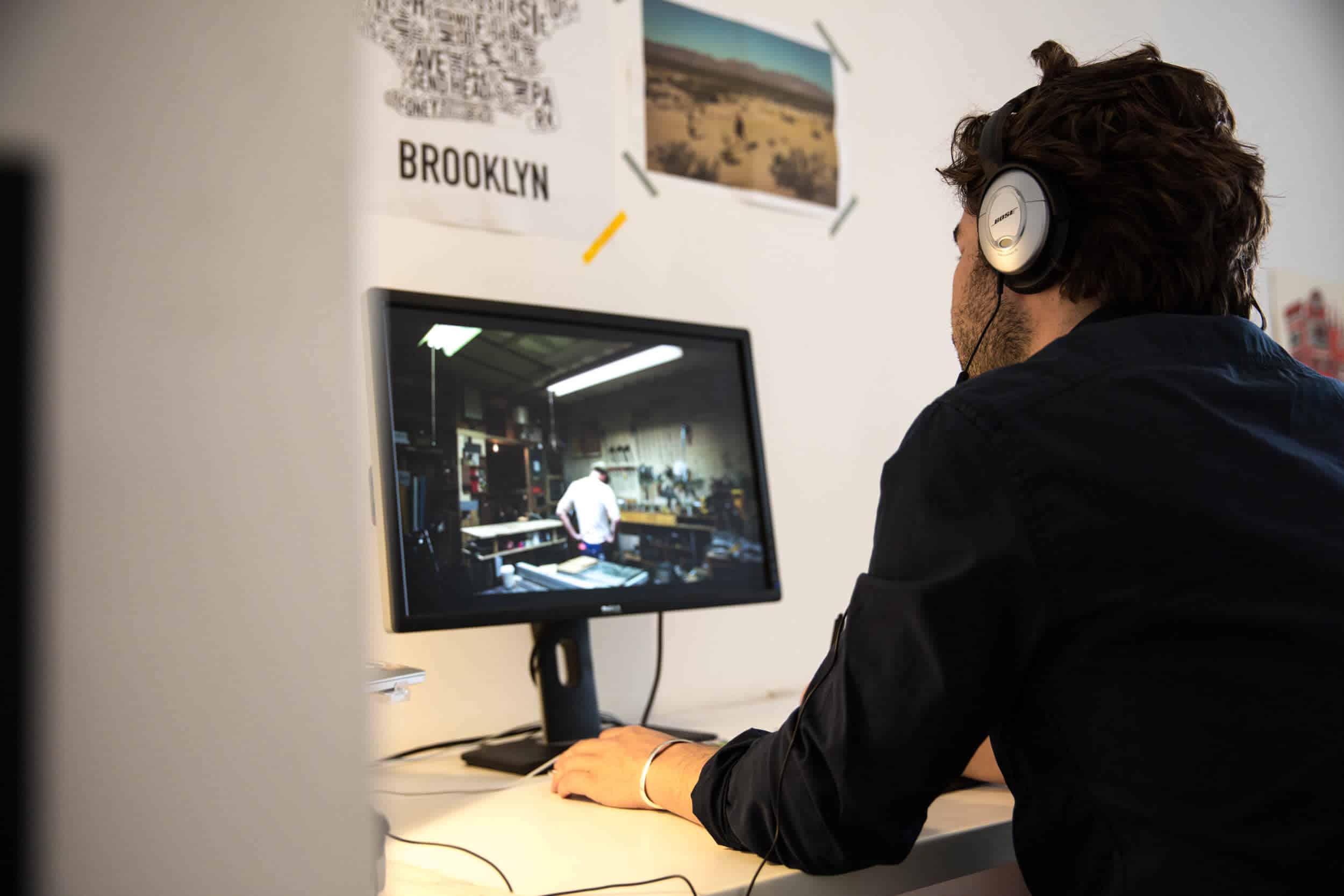
Bild mit freundlicher Genehmigung von Dylan Isbell.
Berkhout ist in den Niederlanden aufgewachsen und bezeichnet sich selbst als 100% Niederländer, obwohl er in die USA gezogen ist. Er sagt, dass das Gefühl der Geborgenheit, das ihm seine Gemeinschaft als junger Mensch vermittelt hat, ihm geholfen hat, seine Kreativität zu erforschen und zu entfalten. Er fühlte sich frei, den farbenfrohen Momenten zu folgen, die ihn inspirierten, anstatt einfach die Jobs anzustreben, die am meisten Geld einbrachten.
"Ich glaube einfach, dass das Geld folgt, wenn man das tut, was man liebt", sagt Berkhout. "Daran glaube ich wirklich." Jetzt, wo er sich in New York niedergelassen hat, findet Berkhout Inspiration in der alltäglichen Verrücktheit der Stadt: "Hier ist alles möglich, es gibt so viel Energie und so viele Möglichkeiten".
Wenn du tust, was du liebst, wird das Geld folgen.
Berkhouts bevorzugter Stil der intimen, aber kurzen Besuche bei seinen Untertanen ist charakteristisch für Die InFrame-Serie von Format. Die Aufnahmen sind schnell, aber dennoch sehr persönlich, denn Berkhout erkundet die berufliche und persönliche Geschichte und die Inspirationen der Personen.
"Es sind ein paar intensive Tage, in denen man sehr verletzlich ist", sagt er. "Ich finde es sehr mutig, dass sie mir dieses Vertrauen schenken.
Für Berkhout ist es wichtig, Freundschaften und Beziehungen zu knüpfen, wenn die Dreharbeiten zu Ende sind. Wenn er seinen Gesprächspartnern so viele persönliche Fragen stellt, weckt das unweigerlich große Emotionen - wenn er also alleine filmt, kommt Berkhout ihnen näher. Wenn er filmt, ist nur er selbst dabei und nicht ein großes Kamerateam, was das Filmerlebnis viel persönlicher macht.
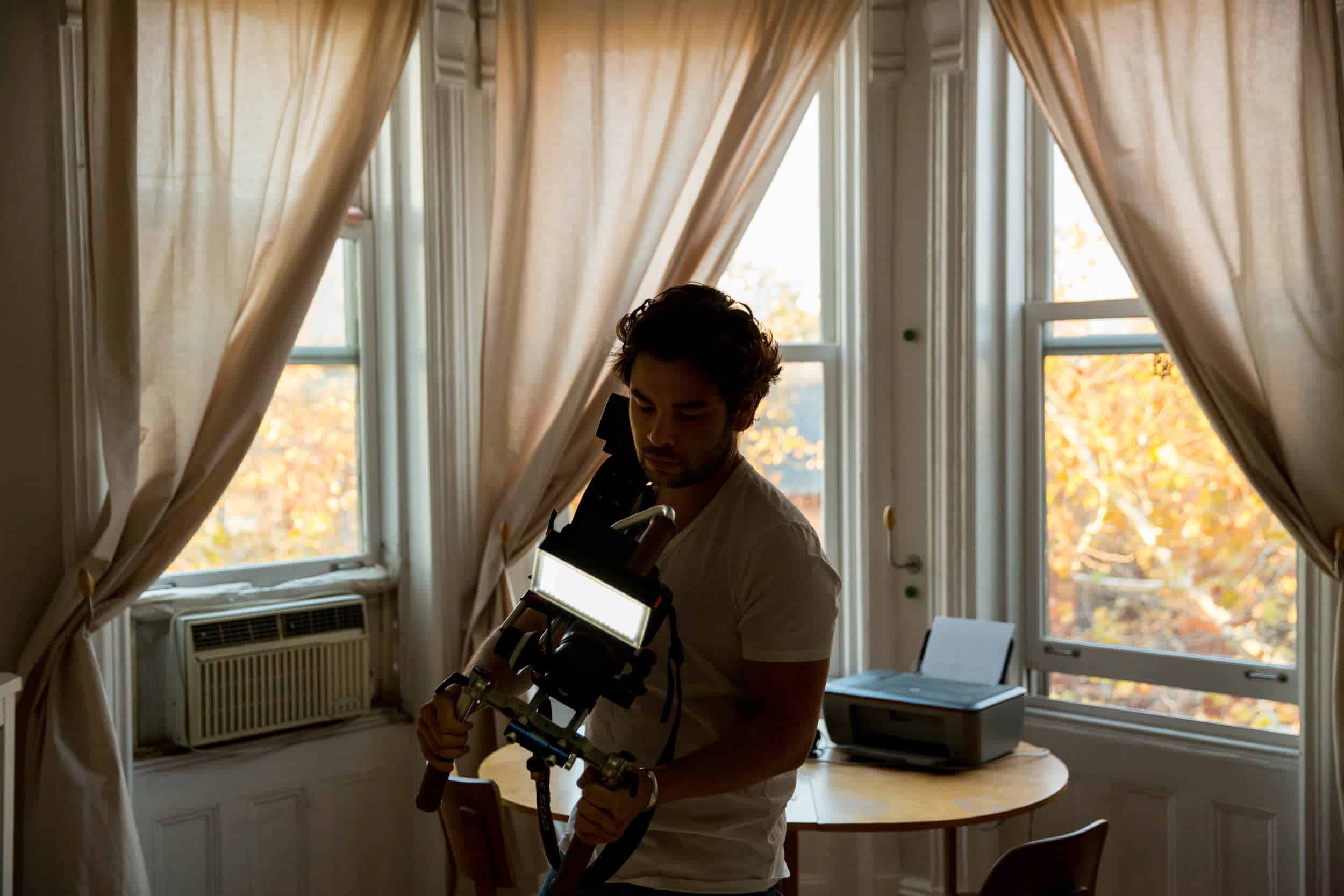
Bild mit freundlicher Genehmigung von Dylan Isbell.
Durch diese persönliche Herangehensweise wird Berkhout mit seinem Gesprächspartner vertraut, so dass sie sich wohl fühlen, wenn sie über Themen sprechen, die für beide von Bedeutung sind.
"In dem Video, das ich mit Zun Lee gemacht habe, geht es zum Beispiel viel um Elternschaft. Ich habe vor neun Monaten eine Tochter bekommen, also sind diese Dinge in meinem Leben wichtig", sagt Berkhout. In diesem Folge von InFrameDer Fotograf Zun Lee spricht über seine Hoffnung, seinen leiblichen Vater wiederzufinden, dessen Abwesenheit sein ganzes Leben lang Lees Arbeit über andere Väter beeinflusst hat.
Es ist ein schwerer Stoff, aber Berkhout schafft es, ihn mit einer aufmunternden Note zu beenden, die den Zuschauer mit dem Gefühl zurücklässt, Lee viel besser kennengelernt zu haben, als er es erwartet hatte.
Weil Berkhout so hart daran arbeitet, eine persönliche Verbindung zu seinen Motiven aufzubauen, wirken seine Videos auf eine rücksichtsvolle und reale Weise nah. Durch diese Nähe fühlt sich der Betrachter leichter mit dem Thema des Films verbunden, und vielleicht kann er sich auch von Berkhouts Themen inspirieren lassen.
Berkhout hofft, dass die Betrachterinnen und Betrachter ein Gefühl des Optimismus aus seiner Arbeit mitnehmen werden. Wenn Tausende von Menschen dieses Video sehen und nur einer sagt: "Ich habe dieses Video in diesem Moment gebraucht", dann denke ich: "Mission erfüllt."
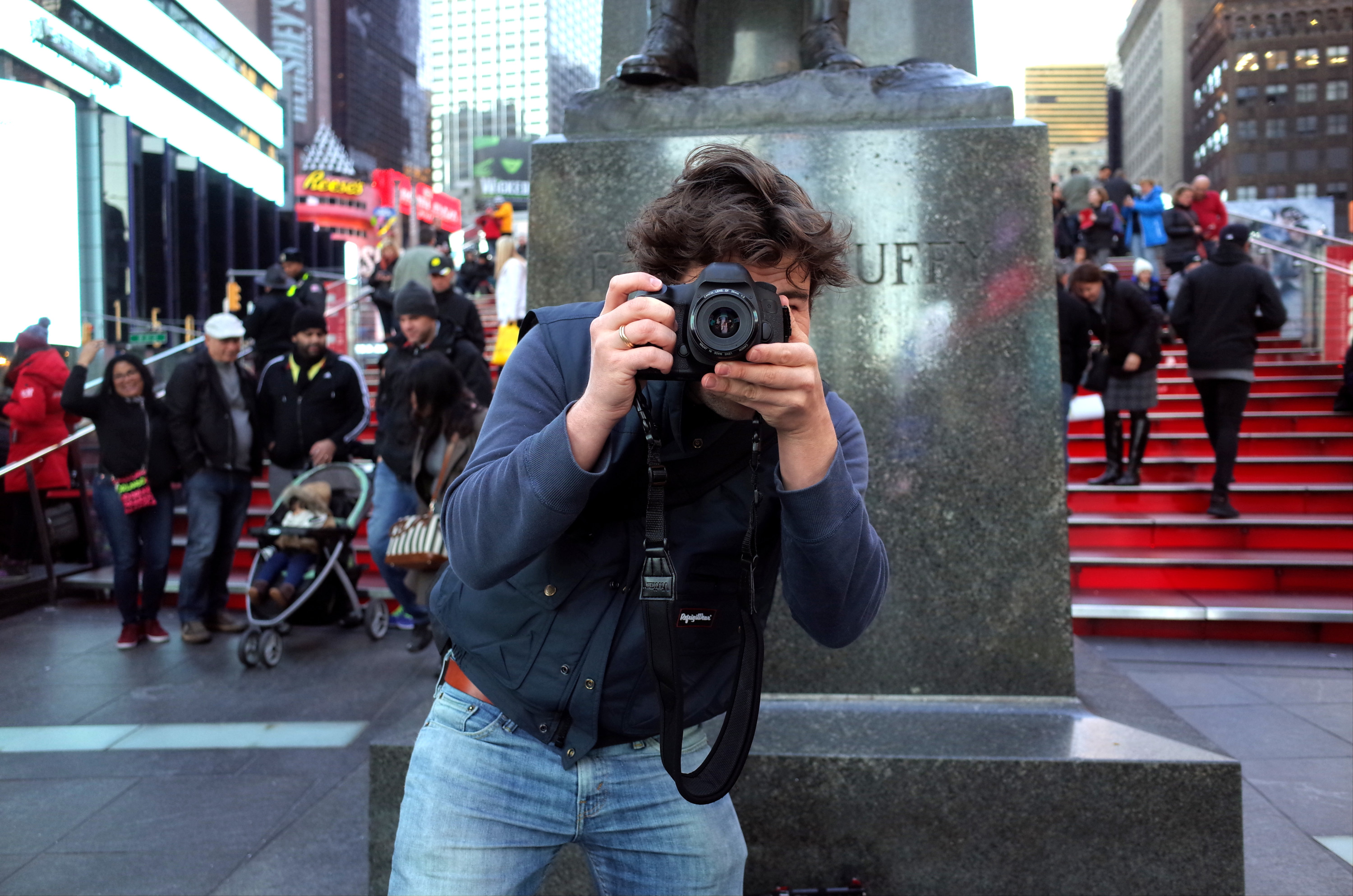
Bild mit freundlicher Genehmigung von Zun Lee.
